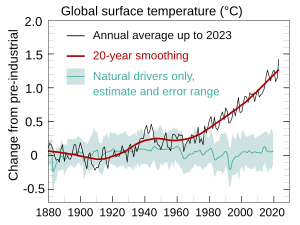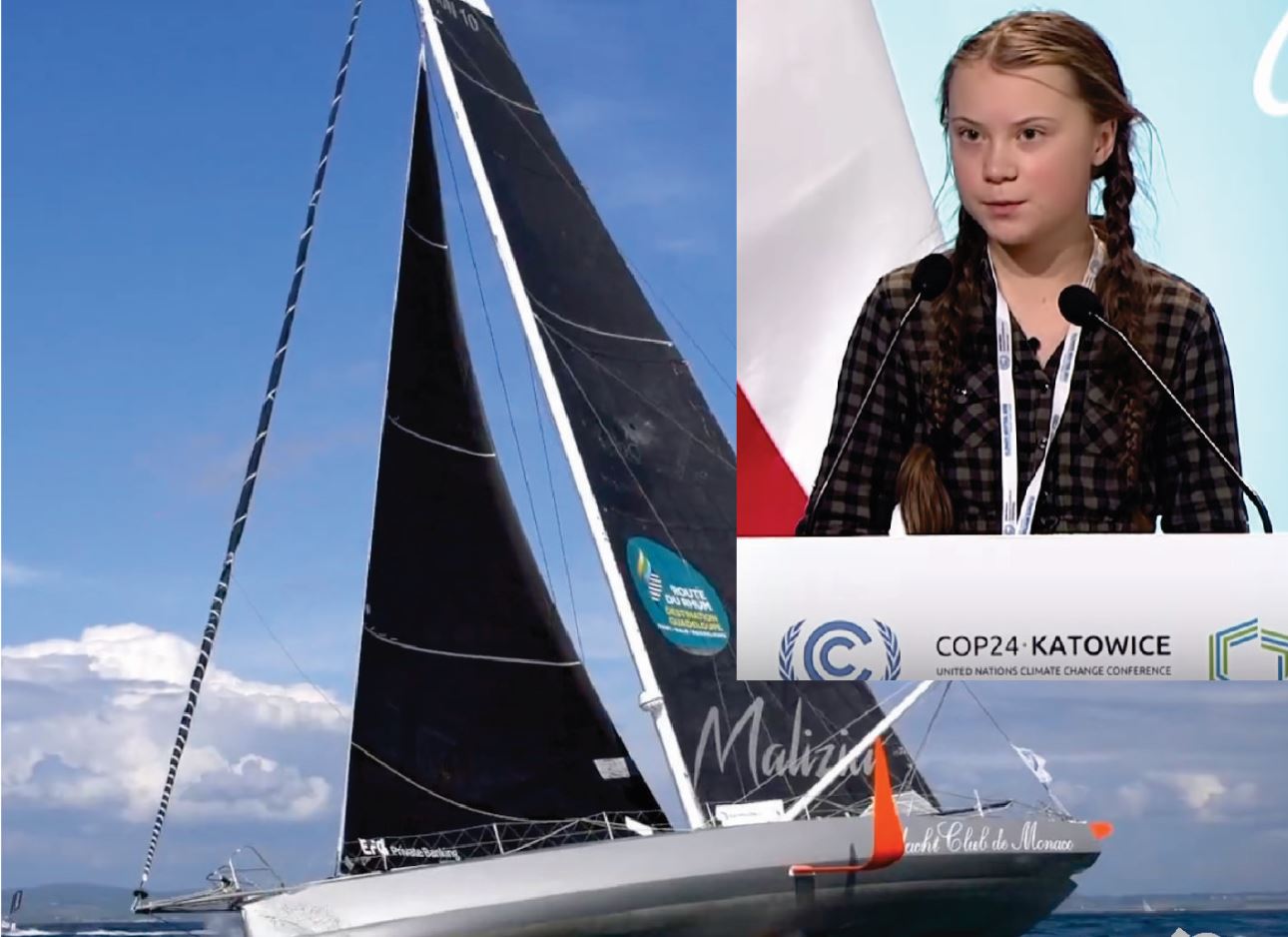Sunsettommy
Diamond Member
- Mar 19, 2018
- 15,347
- 12,927
- 2,400
INter
Newtonian writes:
It is because of the tipping points and feedback loops involved with reaching 1.5 degrees C global warming.
It was at least that warm or warmer early in the interglacial period, but nothing terrible happened.
I have seen the claims of tipping points and feedback loops for years now, they are dumb today as they were 25 years ago.
Which is why you can't post any evidence that the specific tipping points referred to by Greta Thunberg are invalid.
Do you actually believe what you post? Or are you simply trying to deceive people?
Which is why you can't post any evidence that the specific tipping points referred to by Greta Thunberg are invalid.
Exactly!!!
And that's why we need to waste...err...invest trillions in less reliable, "green energy".
Interesting tangent. I have a number of questions and comments on that. A few:
1. The Antarctic Coast has the windiest regions on the planet - this is huge potential energy source - why isn't it being utilized more?
2. Why are there so few partly underground homes which lower the need for heating and cooling. Ever visited a cave during winter cold or summer heat?
3. Why are so many roofs dark colored instead of white - an easy way to slow global warming by reflecting solar energy back into space.
4. Related to that, why so few 'green roofs' where residents can grow food and flowers on their roofs?
5. Why so few cross-continent man-made rivers to alleviate flooding and drought? These could be partly underground btw.
Bottom line - we have the technology to solve most problems (not Corona virus however). The real problem is earth's moral breakdown including greed and lack of love.
1) Did you account for the cost of installing transmission lines to South America, and the sheer distance it requires?
2) There are so few because people are unaware, even those ecoloonies never seem to notice it. I have been in one, my own Uncle in Colorado (west side) had one built to specification. He was a 40 year Biologist veteran.
3) The savings is minor for the trouble.
4) Flat roofs are a bad idea in most parts of the world. When I was working, I had to help clean up, drain and repair a flat roof a large public Library, in a dry climate it was still hard to prevent flooding and leaks. Two different years there were over 6" deep of water on the flat roof! My brother had a house where part of the roof was flat, this is SEATTLE! He had to make numerous repairs to stop the leaks, with a LOT of tar used there, I helped him one year (1983) he finally gave up and moved far away to a hot city, one of the hottest in California.
5) Waaay too expensive, a lot of the floods are CAUSED by our use of the rivers in the first place, we try hard to PREVENT flooding, thus reduced its ability to shed excessive water when it is needed, instead we try to force all the water into the rivers themselves, thus is fails over and over.
Ah, yes - economic interests often outweigh the interests of those of us who love our planet and treat it as a sacred gift from God.
Ah yes another counterpoint free reply, it is clear you have no answers to my reply, some which actually supports the environment, especially #3 and #5.
Cheers.






